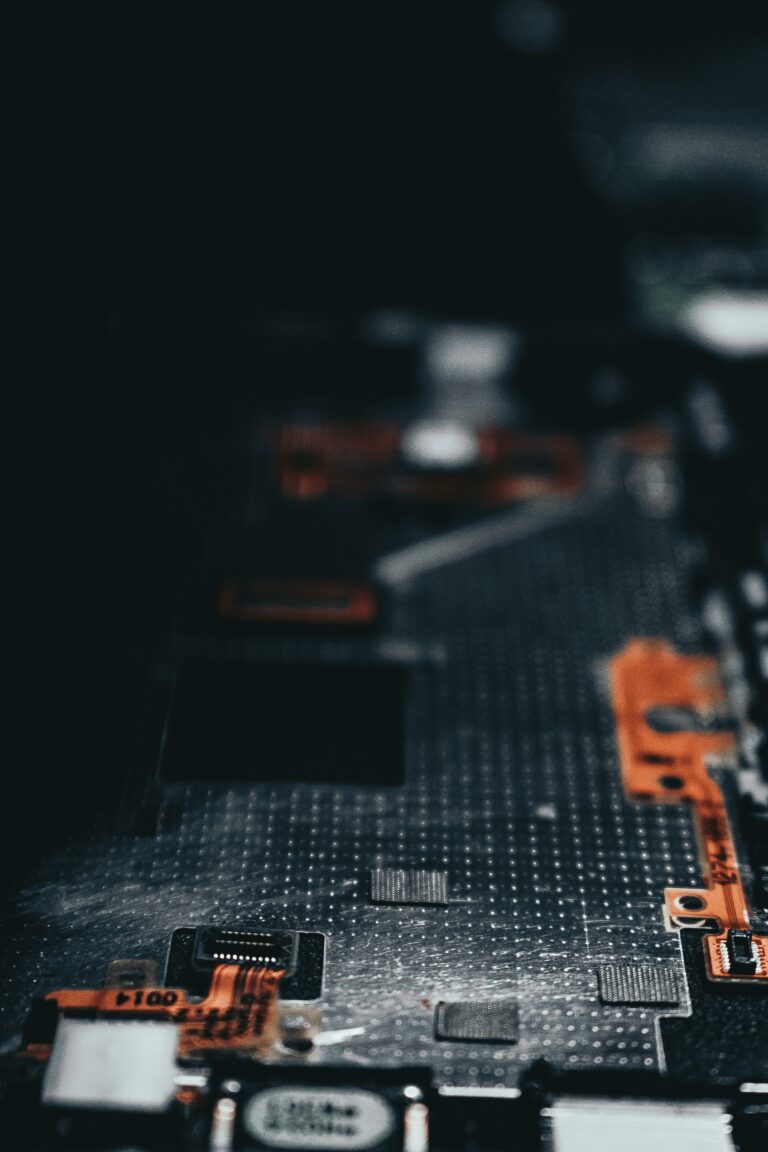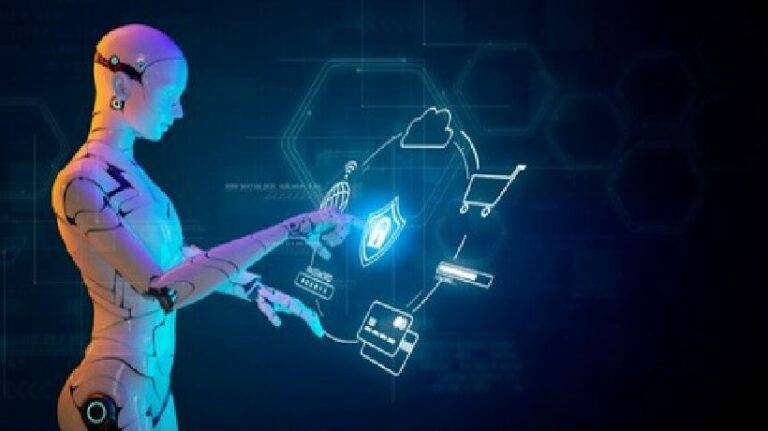Addressing Bias in AI Algorithms
Bias in AI algorithms is a pressing issue that has gained significant attention in recent years. These biases can arise from various sources such as skewed training data, human prejudices, and inadequate algorithm design. It is crucial to understand that AI systems are not immune to the biases present in society, and these biases can perpetuate harmful stereotypes and discrimination.
One of the main challenges in addressing bias in AI algorithms is the complexity of identifying and mitigating these biases. Even with the best intentions from developers, biases can unintentionally seep into the algorithms through various stages of development. As a result, there is a growing need for increased awareness and proactive measures to minimize the impact of biases in AI systems.
Types of Bias in AI Algorithms
Biases in AI algorithms can manifest in various forms, impacting the fairness and accuracy of the outcomes produced. One common type of bias is selection bias, where the data used to train the algorithm is not representative of the real-world population, leading to skewed results. This can occur when the dataset is too small, unbalanced, or collected from a specific group.
Another prevalent form of bias is algorithmic bias, which arises from the design and implementation of the AI system itself. This can occur when certain features in the data are given more weight than others, leading to discriminatory decisions. Algorithmic bias can also be perpetuated through feedback loops, where the algorithm’s past decisions influence future outcomes in a way that reinforces existing biases.
Impact of Bias in AI Algorithms on Society
Bias in AI algorithms has significant repercussions on society, influencing various aspects of people’s lives. One detrimental impact is the exacerbation of social inequalities, as biased algorithms can perpetuate and even reinforce existing societal biases. This can lead to discriminatory outcomes, such as biased hiring decisions, unequal access to resources, and unjust treatment in various sectors.
Moreover, bias in AI algorithms can also erode trust in technology and institutions. When individuals experience unfair or prejudiced treatment as a result of biased algorithms, they may become skeptical of the technologies and entities behind them. This lack of trust not only hinders the adoption of AI solutions but also undermines the credibility of organizations utilizing these technologies to make important decisions.
• Biased algorithms can perpetuate social inequalities
• Discriminatory outcomes such as biased hiring decisions
• Unequal access to resources and unjust treatment in various sectors
• Erodes trust in technology and institutions
• Individuals may become skeptical of technologies and entities behind biased algorithms
• Lack of trust hinders adoption of AI solutions and undermines credibility of organizations using these technologies
What is bias in AI algorithms?
Bias in AI algorithms refers to the unfair or prejudiced treatment of certain groups or individuals based on characteristics such as race, gender, or socioeconomic status.
How does bias in AI algorithms impact society?
Bias in AI algorithms can lead to discrimination, perpetuate inequality, and reinforce harmful stereotypes in areas such as hiring, lending, and criminal justice.
What are the types of bias in AI algorithms?
There are several types of bias in AI algorithms, including selection bias, representation bias, and measurement bias. Each type can have different implications for the outcomes generated by the algorithm.
How can we address bias in AI algorithms?
Addressing bias in AI algorithms requires careful consideration of the data used to train the algorithm, the design of the algorithm itself, and the potential impacts on different groups within society. Transparency and accountability are also key in addressing bias.







